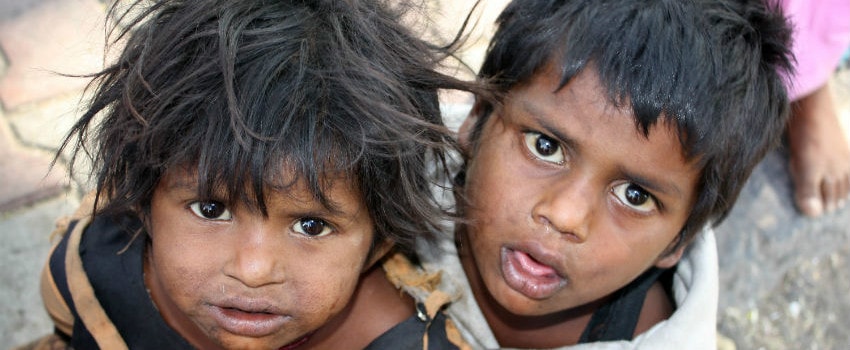
According to the United Nations, a number exceeding 821 million people went hungry at some point during 2018 which is the third consecutive year the figure has increased. After decades of the number declining, malnutrition rates began rising in 2015 in large part due to climate change and also war. One of the targets of the UN’s Sustainable Development Goals is to reverse the trend by 2030. However, it is an immense challenge becoming a world where there is no one who suffers from hunger by the stated date.
Ending world hunger by 2030 not achievable
In fact, the head of the World Food Programme says achieving this goal of zero hunger by 2030 is not achievable, adding that without food security, peace and stability seem a distant dream. He adds that extremist groups use food supply control and hunger as a weapon to either recruit new members or divide communities. In order to safeguard food security, it is important to have in place social and economic policies that mitigate the effects of adverse economic cycles.
Structural transformation
The authors say that a structural transformation is necessary that includes the world’s poorest. This would mean that poverty reduction efforts would need to integrate food security and also target both gender inequality and the exclusion of certain social groups. In Africa malnutrition is widespread with about 20 per cent of the population suffering. In Asia, over 12 per cent are affected and in Latin America the figure is close to 7 per cent.
When we include people suffering from food insecurity, we arrive at over two billion individuals, eight per cent of whom live in Europe and North America and don’t have regular access to enough nutrition. Organisations say that presently we are not putting up enough efforts to meet the objective of halving the number of children whose stunted growth is the product of malnutrition by 2030. A spokesperson for Oxfam GB says women suffer the worst.
Food insecurity
According to the spokesperson, a combination of climate shocks, conflict and inequality is now starting to push back years of progress. If the 2030 target of ending world hunger is to be met, it is critical for governments to urgently cut greenhouse gasses, emissions, provide additional support for small-scale farming and end violent conflicts. Approximately 14 children around the world presently suffer from hunger-related delays in growth. Whilst simultaneously obesity is also on the rise globally amongst school aged children according to the UN.





